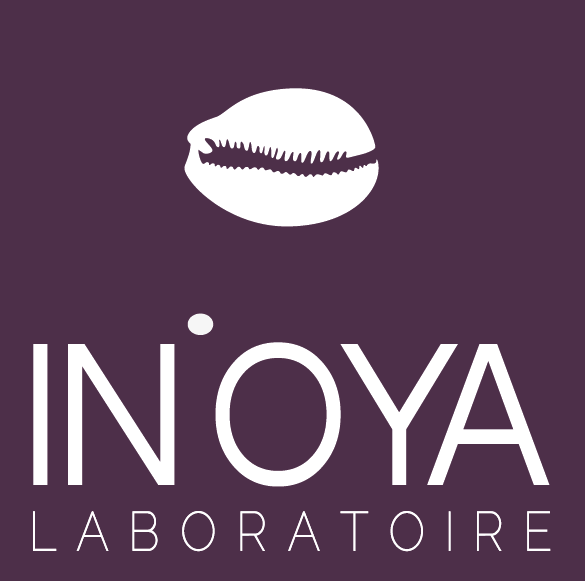Customer Service
Our Contacts:
From monday to friday, 10am to 6pm.
+33 (0)4 42 90 72 28
contact@inoya-laboratoire.com
Laboratoire IN'OYA 128 Rue de la Boétie, 75008 Paris FRANCE
Delivery:
Free delivery all orders of 50 euros or more of eligible items across any product category qualify
Payments:
Credit Card: Visa, MasterCard, Paypal, Maestro, American Express, Check and Bank Transfer
Return Policy:
You can return any item purchased within 16 days of the delivery date
Help & FAQ
Find quick answers to your questions. Our mission is to support you with transparency and care throughout your beauty journey. Click here to access our FAQ.
540 articles
-
Black Skin and Sun Exposure: Why You Should Embrace an In & Out Sun Care Routine
Published : 2025-06-02 | Categories : Beauty tipBlack Skin and Sun Exposure: Adopt an “In & Out” Sun Care Routine for Complete Protection, Inside and Out. Prevent dark spots, protect, hydrate, and reveal your skin’s natural glow.
-
Dietary Supplements: The Key to an Even Skin Tone?
Published : 2025-05-22 | Categories : DOCT'OYA , Pathologies & Targeted CareActing from within with targeted dietary supplements is essential to correct skin imbalances (dark spots, dehydration, uneven tone) and sustainably enhance the skin.
-
Sun protection for Black skin: why an "in & out" approach is essential ?
Published : 2025-05-20 | Categories : DOCT'OYA , Pathologies & Targeted CareBlack, brown, and mixed skin tones: why they need targeted sun protection—inside and out—to prevent dark spots, premature aging, and loss of radiance.
-
Acne & Dark Spots: What Dermatologists Really Prescribe for Black Skin
Published : 2025-05-13 | Categories : Acne & Blemishes , DOCT'OYA , Pigment SpotsDiscover what dermatologists really prescribe for acne and dark spots on black skin: effective, gentle treatments adapted to melanin-rich complexions. Say goodbye to post-inflammatory marks!
-
Evening Out Dark Skin Tone: The IN & OUT Solution Backed by Expert
Published : 2025-05-13 | Categories : Active Ingredients, Ingredients to Avoid & Label Reading , DOCT'OYADark, brown, and mixed skin tones are particularly prone to pigmentation spots, whether caused by acne, sun exposure, hormones, or friction.
-
Pregnancy Mask and Postpartum Dark Spots: The Method to Even Out Your Skin
Published : 2025-05-13 | Categories : DOCT'OYA , Postpartum & Physiological Change CareAn Expert Guide to Radiant Skin After Pregnancy Without Hydroquinone For women with dark, brown, or mixed skin tones, pregnancy is often followed by the appearance of brown spots on the face: [...]
-
Dark, Brown and Mixed Skin: A Global Overview
Published : 2025-05-05 | Categories : History & Culture of Dermocosmetics , Cultural Perspectives on Skin , DOCT'OYADark, brown, and mixed skin types are globally diverse. Understanding their unique needs is key to offering safe, effective, and respectful skincare solutions.
-
Patented formula vs. patented ingredients: understanding the difference
Published : 2025-05-05 | Categories : History & Culture of Dermocosmetics , Developments & Trends , DOCT'OYAIn the dermocosmetic world, terms like "patented formula" and "patented ingredient" are common yet often unclear.
-
The forgotten history of dermocosmetics for pigmented skin.
Published : 2025-05-05 | Categories : History & Culture of Dermocosmetics , DOCT'OYA , Origins & HistoryThe history of melanin-rich skin care is being rewritten. Discover the traditional roots and scientific future of skincare for Black and brown skin.










